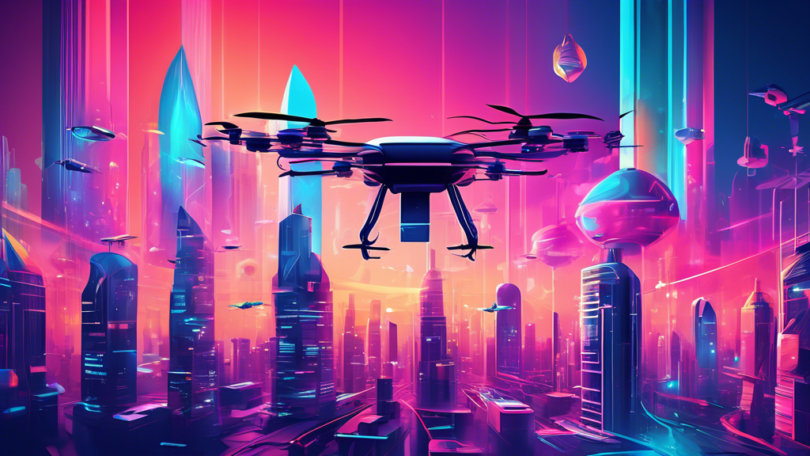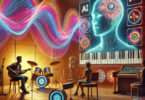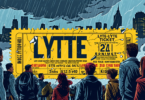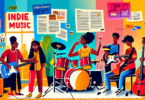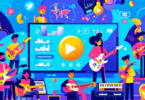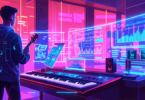Artificial intelligence (AI) has made remarkable strides in recent years, with one particularly intriguing field being generative AI. This cutting-edge technology is revolutionizing creative industries by enabling machines to produce original content such as art, music, and even writing. While traditional AI systems rely on data analysis and rule-based algorithms, generative AI goes a step further by creating new content based on patterns and examples it has been exposed to.
How Generative AI Works
Generative AI operates on the principle of neural networks, which are modeled after the human brain’s interconnected neurons. These networks are trained on vast amounts of data to learn and mimic patterns, allowing them to generate new content autonomously. For example, a generative AI system trained on a dataset of famous paintings can create original artworks in a similar style, sometimes indistinguishable from human creations.
Applications in Creative Industries
The impact of generative AI on creative industries is profound. Artists, musicians, and writers are leveraging this technology to explore new frontiers of expression and creativity. In the art world, generative AI has facilitated the production of stunning visual pieces that push the boundaries of traditional art forms. Similarly, in music composition, AI systems can generate original melodies and harmonies, transcending conventional musical styles.
Furthermore, generative AI is increasingly being used in content creation for media and entertainment. Companies are utilizing AI-generated scripts, storylines, and even virtual actors to streamline production processes and create engaging content. This technology is not only enhancing efficiency but also sparking new ideas and narratives that captivate audiences.
The Ethical Implications
As generative AI blurs the line between human and machine creativity, ethical concerns have emerged. Questions surrounding authorship, intellectual property, and artistic authenticity are at the forefront of discussions about AI-generated content. How should we attribute creative work produced by machines? Are AI-generated artworks truly original, or are they mere imitations of existing styles?
Another ethical consideration is the potential impact of generative AI on employment in creative industries. While AI can enhance productivity and efficiency, some fear it may replace human creators altogether. However, proponents argue that AI can be a powerful tool for collaboration, enabling artists and creators to explore new ideas and perspectives in partnership with intelligent machines.
The Future of Generative AI
Despite the ethical and practical challenges, the future of generative AI looks promising. This technology has the potential to revolutionize not only creative industries but also fields such as design, architecture, and scientific research. By harnessing the power of generative AI, humans can unlock new forms of expression and innovation that were previously unimaginable.
In conclusion, generative AI is leading the charge in creative innovation, pushing the boundaries of human creativity and redefining the relationship between man and machine. As this technology continues to evolve, it will undoubtedly shape the future of art, music, literature, and beyond, transforming the way we perceive and create the world around us.

